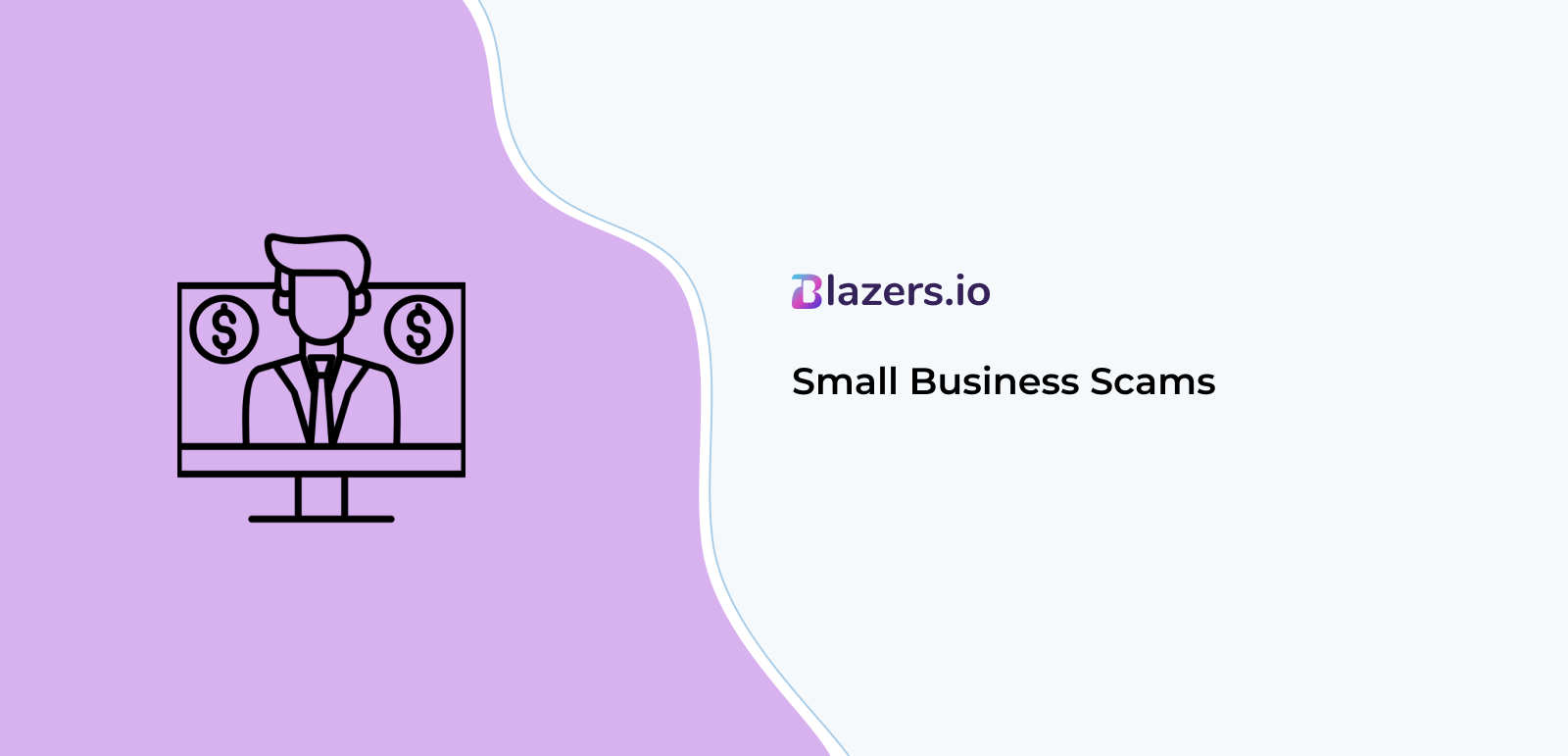Your small business has been built from the ground up with your heart, soul, and many hours. You love it, depend on it for a living, and are proud of it. But in the digital age, we live in now, many things could go wrong on the way to success. One of the most dangerous is the small business scam.
Unfortunately, small business scams do happen. But if you know what to look for and are alert, you can keep your business and dreams safe.
This blog is meant to help you navigate the confusing world of small business scams. Here, we’ll talk about the most common types of fraud and give you tangible steps to prevent the scams. Let us help you safely raise your small business in today’s complicated business world.
Table of Contents
- What are small business scams
- Why it is important to be vigilant to protect small business scams
- Types of small business scams
3.1. Online Scams
3.2. Offline Scams
3.3. Employee and Insider Scams - Identifying small business scams
4.1. Red flags to look for in emails and online communications
4.2. Identifying fake invoices and billing scams
4.3. Signs of employee and insider scams - Preventing Small Business scams
5.1. Educating your team
5.2. Implementing Strong Cybersecurity Practices
5.3. Verification and Due Diligence
5.4. Reporting and Responding to Scams - Conclusion
1. What are small business scams
Small business scams are dishonest schemes that target small businesses. They are like traps set by people who want to take advantage of small business owners. These scams come in various forms, both online and offline. They can cause financial loss and steal sensitive information. They can also damage a small business’s reputation.
Common examples of small business scams include fake emails asking for money. Also, fraudulent invoices and deceptive offers for services. Small business owners need to be aware of these scams. They should take steps to protect their businesses from falling victim to them.
2. Why it is important to be vigilant to protect small business scams
It’s important to be vigilant and watchful to protect your small business because:
Being careful helps you to:
- Prevent Loss: Scammers and troublemakers can steal your money or damage your business. Being vigilant can stop them.
- Keep Information Safe: Your business might have secrets and important data. Vigilance helps you keep it all safe.
- Avoid Trouble: Following rules and watching out for problems can keep you out of legal and financial trouble.
- Protect Your Dream: Your business is like a dream come true. Being vigilant means you’re looking after your dream and keeping it safe.
Vigilance is like having a shield that prevents small business scams. It’s something every small business owner should have.
3. Types of small business scams
Let us in detail analyze the types of small business scams in detail:
3.1. Online Scams
Phishing emails:
This type of scam has been on the internet for a long time. Sending emails that seem to come from a legitimate user, scammers take advantage of your business’s sensitive data. They might plant a virus to grab the information.
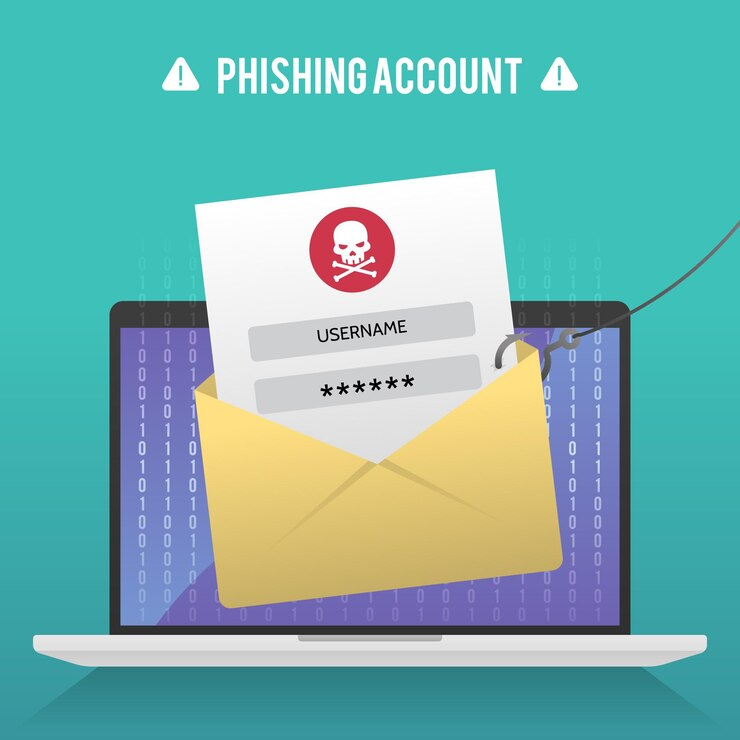
So, it is vital to ensure that your firewalls and anti-virus software are up-to-date. Also, if you receive an email asking for confidential information, do not click the link. You can call the sender directly verify and then take action.
Fake online marketplaces:
Scammers use fake online markets like digital traps, making websites that look real but are just trying to trick you. They might have items for unbelievably cheap prices, but if you buy something from them, you might get a bad product or nothing at all. Also, your personal and financial information could be stolen.
When you order something online, it’s like getting an empty box or, even worse, losing your money.
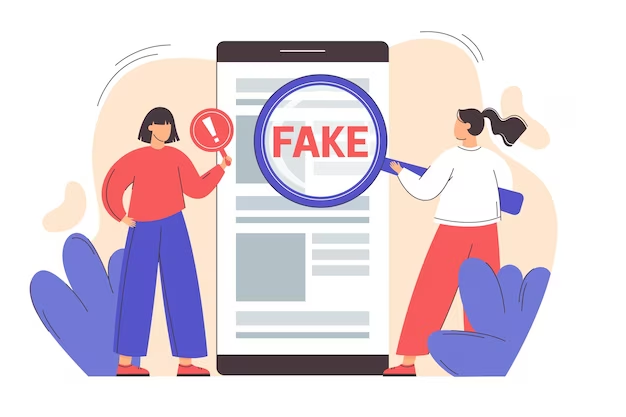
Social media scams:
Social media scams are like digital tricks on platforms like Facebook, Instagram, or Twitter. Fraudsters make fake posts or accounts that look real, and they may offer you prizes, discounts, or special deals.
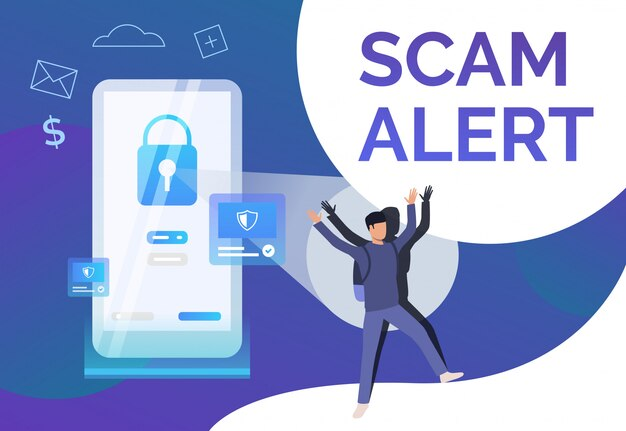
But if you click on their links or give them your personal information, they can steal it or use it to scam you into paying for things that don’t exist. Imagine someone giving you a gift on the street, but when you take it, they take your wallet.
These are the types of online small business scams.
3.2. Offline Scams
Fake invoicing and billing:
Fake invoicing and billing scams in the offline world are like receiving a bill for something you never bought or a service you didn’t use. Scammers may send bills that look real and ask for money. You will lose money on stuff you never received if you pay without thoroughly checking.
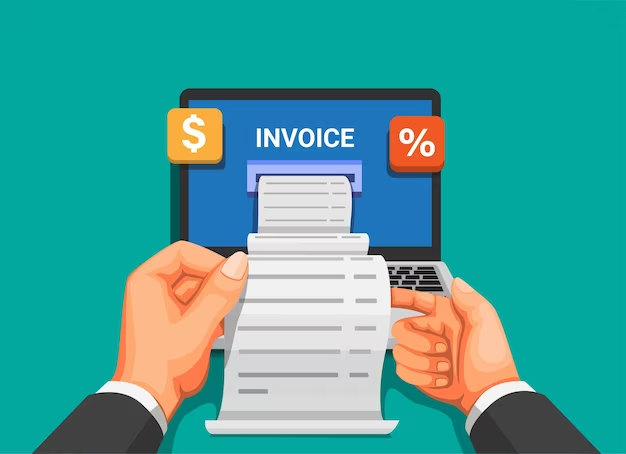
Door-to-door scams:
Door-to-door scams are like when someone comes to your business or home pretending to offer a service or product, but they’re trying to trick you. They might pose as salespeople or repair technicians and ask for money upfront or for access to your property. Once you give in, they might take your money or even steal from you.

Telemarketing frauds:
Telemarketing fraud is like getting a phone call from someone who pretends to sell you something great, but their real goal is to take your money. They might offer amazing deals or prizes if you provide your credit card or personal information, but in reality, they want to steal from you.
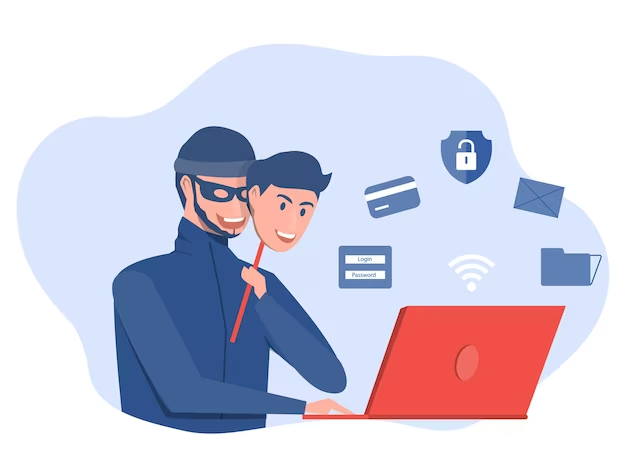
These are the types of offline small business scams.
3.3. Employee and Insider Scams
Payroll fraud:
Payroll fraud happens when someone working for your business, like an employee, manipulates the payment system to take more money than they should. It’s like if an employee secretly added extra hours to their timesheet or created fake employees to pay themselves extra cash.
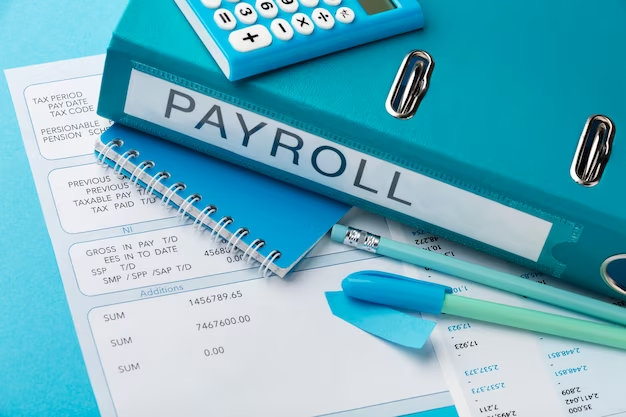
Data theft:
Data theft by an insider happens when a person who works for your business. It is like an employee or a contractor, takes secret information without asking.
It’s like a coworker secretly taking your important papers. Making copies of important computer files without you knowing. This secret information can be about customers, money, or special business ideas. It can hurt your business or even cause problems for your customers.
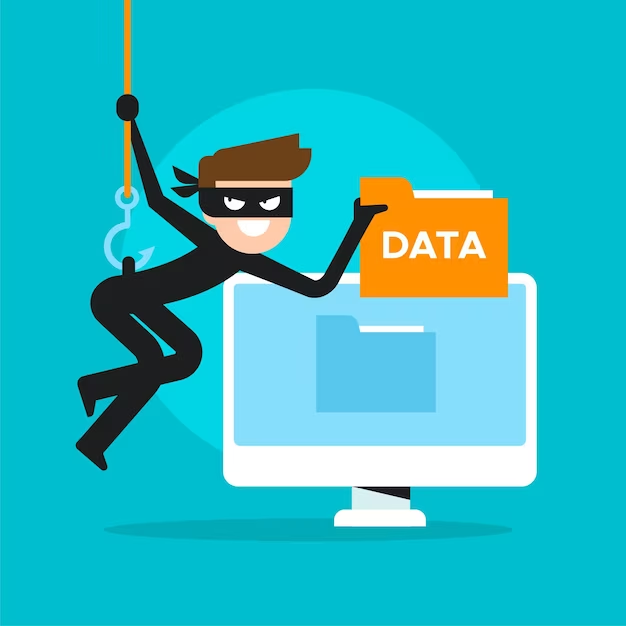
These are the types of insider or employer small business scams.
4. Identifying Small Business Scams
4.1. Red flags to look for in emails and online communications
The red flags to look for in emails are:
- Unusual sender email addresses
- Urgent requests for sensitive information
- Poorly written or suspicious content.
4.2. Identifying fake invoices and billing scams
When you are getting an invoice and bill, be sure to
- Verify invoice details
- Confirm the legitimacy of the sender.
4.3. Signs of employee and insider scams
If you feel something is not right with the billing inside the office, then make sure to check for:
- Unexpected changes in financial records
- Unexplained discrepancies in accounts.
5. Preventing Small Business Scams
5.1. Educating your team
You can help your employees learn how to spot things that seem strange or tricky. They can be fake emails and dishonest bills. Training should is also essential. And tell someone if they see something that doesn’t seem right.

It’s like practising a sport or a game to get better. The more you practice, the better you become. By teaching your employees and keeping them updated regularly. You make sure they know how to protect your business from problems and losses. It’s like having a strong team that can stop the bad guys from causing trouble. This will help in spotting the small business scams easily.
5.2. Implementing Strong Cybersecurity Practices
Implementing strong cybersecurity practices is crucial in preventing small business scams. This involves establishing robust security measures to protect your business’s digital assets. Implement firewalls, antivirus software, and keep your systems and software up to date to guard against online threats. Utilize encryption for sensitive data, employ strong, unique passwords, and activate multi-factor authentication to add an extra layer of security.
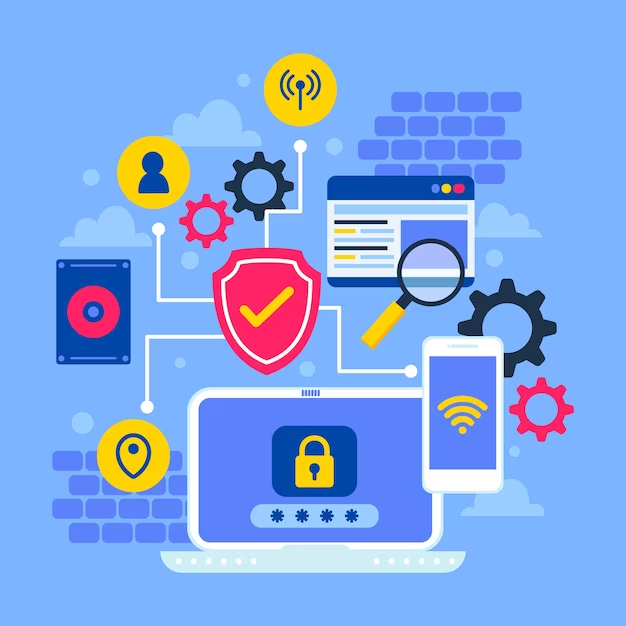
Security checks and risk assessments should be done regularly to find holes and places where scammers could get in. By consistently reinforcing your cyber security defences, you can significantly reduce the risk of data breaches, online scams, and unauthorized access to your business’s information, ultimately safeguarding your small business from potential harm.
5.3. Verification and Due Diligence
Verification and due diligence are critical aspects of preventing small business scams. This involves confirming the legitimacy of individuals, businesses, or organizations you interact with, especially when engaging in financial transactions. Verify the identity of vendors, clients, or partners to ensure they are who they claim to be before conducting any business. Check their background, credentials, and reputation to assess their trustworthiness.
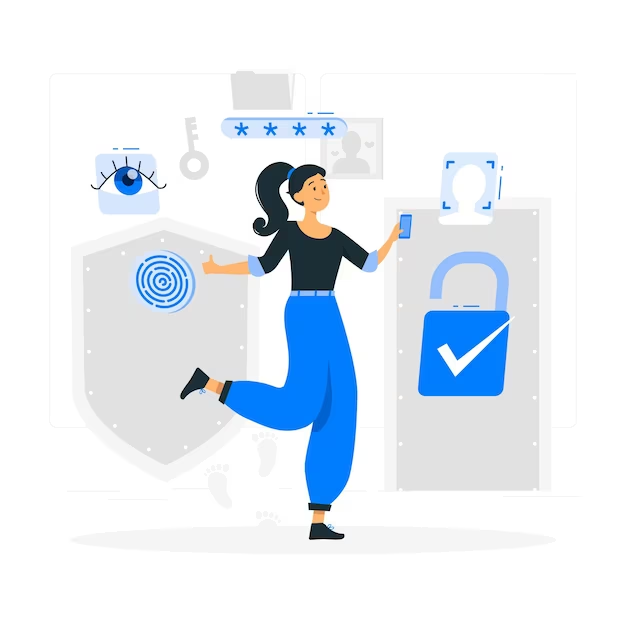
Always make sure the bills, agreements, and requests for money match the things you got or did for your business. By being careful about this and checking everything, you can make it much harder for dishonest people to trick you and steal your money. It’s like being a detective and making sure all the puzzle pieces fit together to keep your business safe from problems and bad stories.
5.4. Reporting and Responding to Scams
Reporting and responding to scams is a crucial step in safeguarding your small business. If you suspect or confirm that your business has fallen victim to a scam, it’s essential to act swiftly. Start by documenting all relevant information about the scam, including emails, invoices, or any interactions that raised suspicions. Then, report the incident to the appropriate authorities or agencies, which may include local law enforcement, the Federal Trade Commission (FTC), or relevant industry-specific organizations.

If you notice that money has gone missing because of a scam, tell your bank, and they might be able to help you get it back. If things get really bad like if the scam is very serious, you might need to talk to a lawyer to see what you can do legally.
Also, if it’s a big problem like people’s private information being stolen, you should tell your employees, partners, and customers about it. This helps everyone know what’s going on and keeps trust alive. When you report problems quickly and fully, it helps make sure things don’t get worse, and that’s important for your small business.
6. Conclusion
You can contact government organisations like MSME, RBI, FICCI and consumer affairs to be more aware of Small business scams.
In conclusion, safeguarding your small business from scams is vital for its success and security. By staying vigilant, educating yourself and your team, and implementing strong prevention measures, you can reduce the risk of falling victim to fraud. Remember, scams come in various forms, both online and offline, so being cautious and proactive is your best defense. Protect your hard-earned work and keep your business safe from harm.
